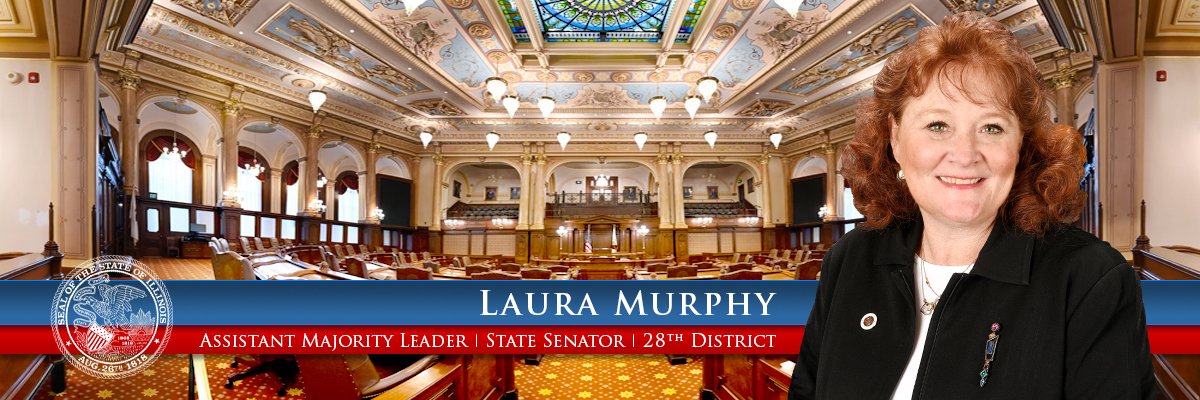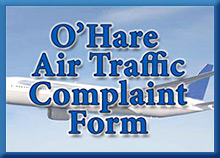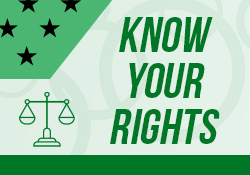- Details
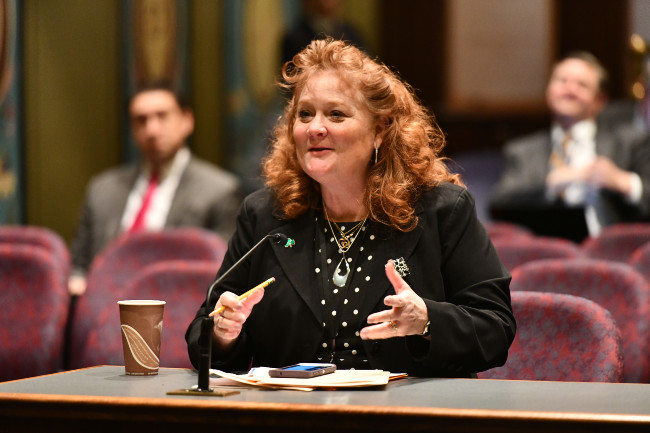 DES PLAINES – To put a stop to price gouging and help more Illinoisans afford life-saving prescription medications, State Senator Laura Murphy (D-Des Plaines) co-sponsored a new law that will cap the out-of-pocket cost of insulin at $100 for a 30-day supply starting Jan. 1, 2021 for patients on state regulated insurance plans.
DES PLAINES – To put a stop to price gouging and help more Illinoisans afford life-saving prescription medications, State Senator Laura Murphy (D-Des Plaines) co-sponsored a new law that will cap the out-of-pocket cost of insulin at $100 for a 30-day supply starting Jan. 1, 2021 for patients on state regulated insurance plans.
“No Illinois family should have to go into debt or skip meals to afford life-saving medications,” said Murphy. “I’m glad to see costs lowered for millions of Illinoisans with diabetes, and I look forward to continuing to work with my colleagues in the General Assembly to ensure that affordable prescription drugs are available to all.”
On Jan. 1, Illinois will become the second state in the nation to cap out-of-pocket insulin costs at $100 per month for all patients using a state regulated insurance plan, regardless of the supply they require.
Over 34 million Americans have diabetes, including 1.3 million Illinoisans, who rely on insulin to manage their blood sugar levels. Between 2009 and 2017, the price of insulin nearly tripled, leaving many patients struggling to pay for the drug and at risk of death without it.
The new law also requires the Departments of Insurance, Human Services, and Healthcare and Family Services to jointly issue an "insulin pricing report" to the public that details findings on insulin pricing practices and recommendations to control and prevent overpricing of prescription insulin drugs.
“This law is only the first step in a larger effort to rein in Big Pharma and curb corporate greed,” said Murphy. “It’s past time to put people’s health ahead of financial gain.”
Senate Bill 667, chief sponsored by State Senator Andy Manar (D-Bunker Hill), passed the General Assembly with overwhelming bipartisan support in November 2019 and was signed into law in January 2020.
- Details
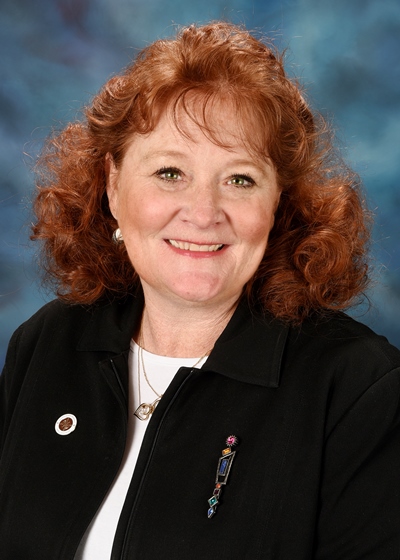 By State Senator Laura Murphy (D-Des Plaines)
By State Senator Laura Murphy (D-Des Plaines)
I am overwhelmed by the thoughtfulness and generosity of the people in the 28th Senate District. I reached out to the community to assist me in providing cards for folks living in long-term care facilities within the district, and you did not disappoint. I received over 1,000 cards; some were homemade, some made in your classroom or by your own children, others were carefully decorated, and all will raise the spirits of long-term care residents who are unable to be with their families this holiday season.
This pandemic hasn’t been easy on any of us, but it’s been particularly challenging for our older friends, family and neighbors, who are unable to gather with loved ones without significant risk to their health. The holidays can magnify feelings of loneliness and isolation, so it’s especially important that we reach out and let others know we’re thinking of them.
As I’ve learned from my years as a resident, and now as a state senator, the Northwest Suburban community shows boundless generosity and compassion at every opportunity. Yet again, you have stepped up to offer great kindness to those in need, preserving and strengthening the true meaning of the season.
Thanks to your efforts, our neighbors at Plum Creek Supportive Living, Lee Manor Rehabilitation and Nursing Center, Asbury Court Senior Living, Alexian Village and Generations at Oakton Arms will enjoy a happier holiday, feeling loved and connected to their communities during this difficult time. You have made an enormous difference.
I continue to be honored to serve as your state senator. Thank you again for your care and thoughtfulness, and may you and your families enjoy a safe, healthy, and very merry holiday season.
Warmest wishes,

Laura M. Murphy
State Senator | 28th District
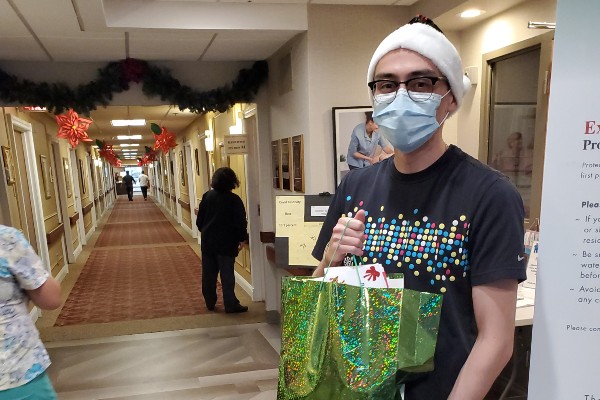
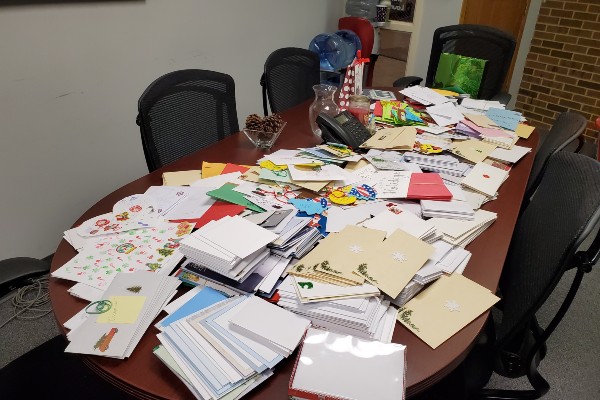
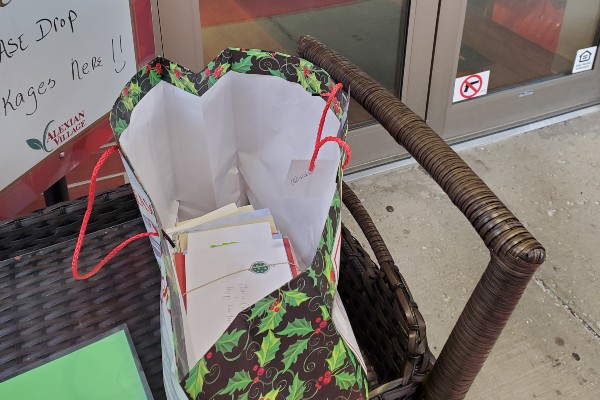
- Details
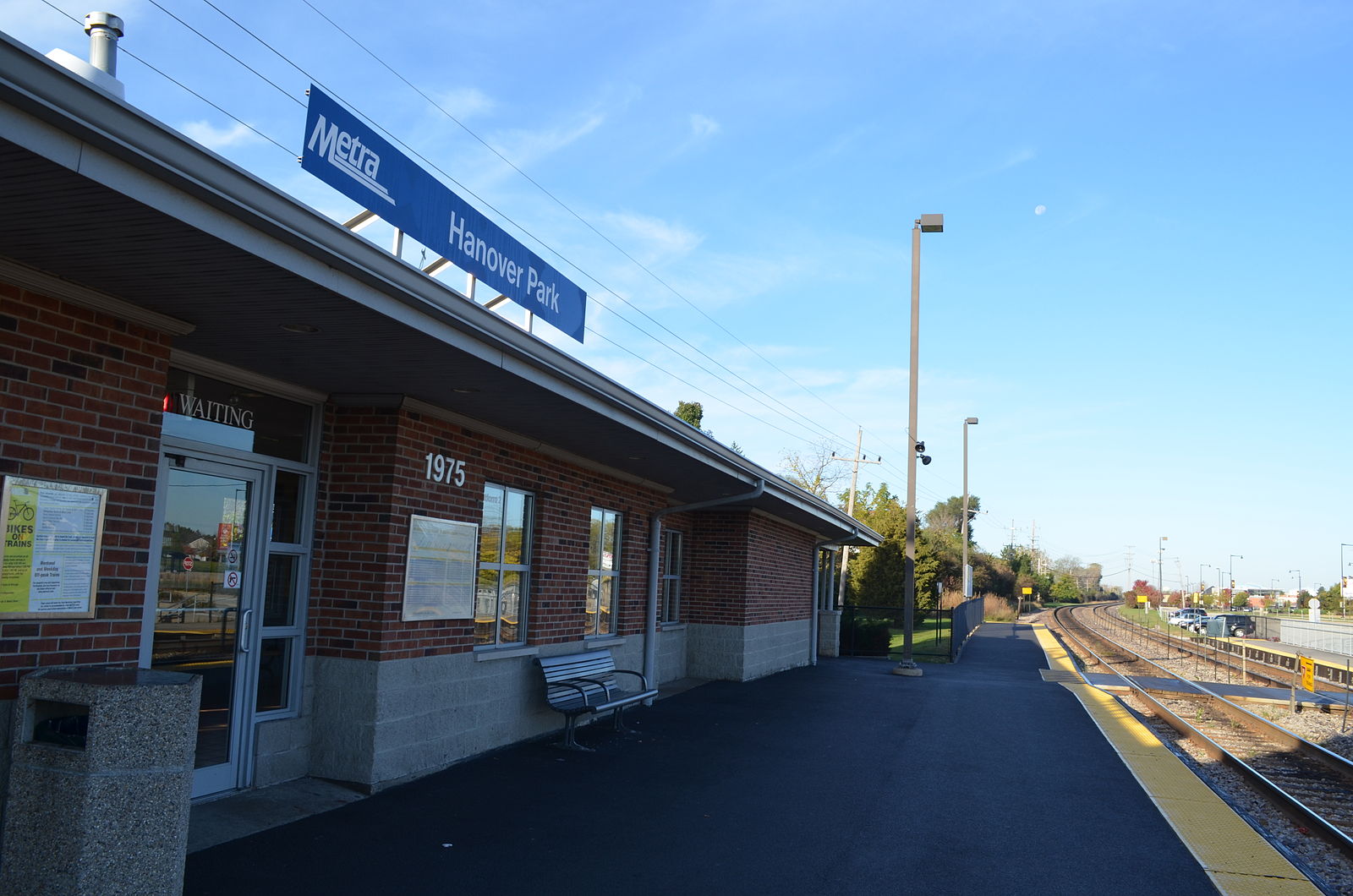
“Widespread testing is an important part of controlling the spread of COVID-19, and it’s the best way we can make sure we aren’t putting ourselves and others at risk,” said Murphy. “Getting tested is fast, easy and free, and I urge everyone to take advantage of this opportunity.”
Anyone will be able to get tested at the site for free, regardless of symptoms. No appointment is necessary, but daily testing supplies are limited, so residents are encouraged to visit early.
The most common symptoms of COVID-19 are fever, cough and shortness of breath. Other symptoms may include chills, muscle pain, headache, sore throat and new loss of taste or smell.
However, people with COVID-19 can spread the virus before they start showing symptoms, and some individuals may be asymptomatic. For this reason, IDPH recommends testing for anyone who has recently been part of a large gathering or has been in contact with someone who has tested positive for the virus.
For more information about COVID-19 testing, visit http://www.dph.illinois.gov/testing.
- Details
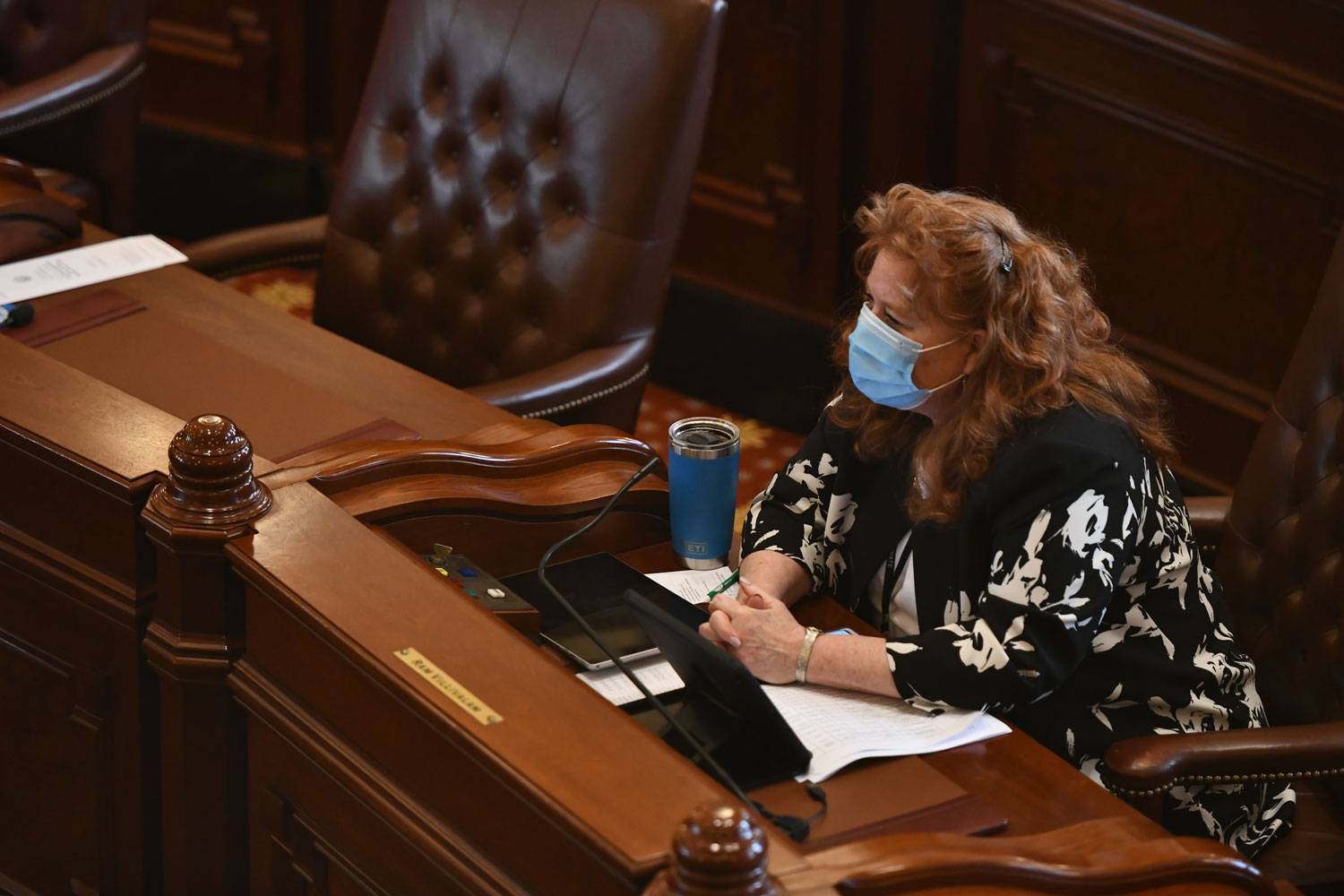 SPRINGFIELD – To monitor the progress of Illinois’ economic recovery, the bipartisan, bicameral Restore Illinois Collaborative Commission met with representatives from the Governor’s Office of Management and Budget (GOMB) on Tuesday to discuss how the state is disbursing aid received through federal COVID-19 relief programs.
SPRINGFIELD – To monitor the progress of Illinois’ economic recovery, the bipartisan, bicameral Restore Illinois Collaborative Commission met with representatives from the Governor’s Office of Management and Budget (GOMB) on Tuesday to discuss how the state is disbursing aid received through federal COVID-19 relief programs.
“Across the state, local governments, regional health departments, small businesses and residents are facing financial struggles as a result of the pandemic,” said State Senator Laura Murphy (D-Des Plaines), the Senate co-chair of the commission. “Federal funding is intended to help our communities stay afloat, and it’s critical that the aid is administered carefully and efficiently to ensure that purpose is fulfilled.”
At Tuesday’s meeting, GOMB Director Alexis Sturm provided an update on the $3.5 billion in federal aid directed to the State of Illinois for COVID-19 response in the Coronavirus Aid, Relief and Economic Security Act.
This funding was used to support the state’s pandemic response and create a variety of assistance programs for residents, small businesses and local governments, including the Business Interruption Grant program, the Emergency Rental and Mortgage Assistance programs, and the Local Coronavirus Urgent Remediation Emergency program.
Over $1.7 billion of this funding has already been disbursed. The remaining funds have been allocated and are expected to be distributed by early spring.
Over the past five months, the commission has been joined by representatives from a variety of state agencies to ask questions, offer suggestions, and ensure these agencies are advancing the state’s recovery and addressing the needs of the people of Illinois.
In December, the commission began livestreaming their meetings to give the public the opportunity to view the discussions.
The meeting schedule for the Restore Illinois Collaborative Commission can be found here. The livestream can be viewed when proceedings begin at https://ilga.gov/senateaudvid.asp.
More Articles …
Page 64 of 129
